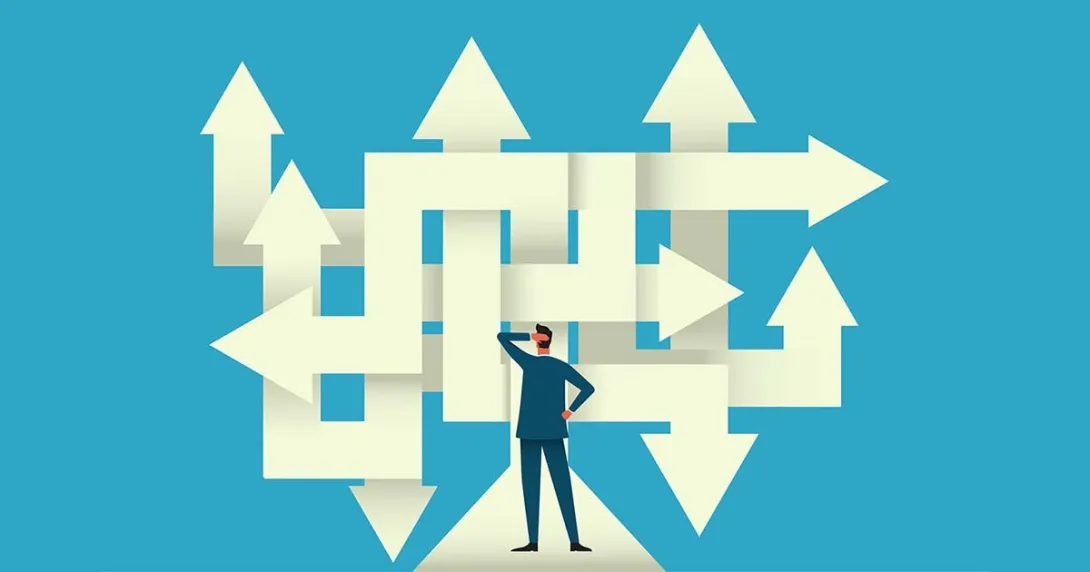
Photo: Moor Studio/Getty Images
Scaling up a health or medtech company in Europe is a long and costly process. Entrepreneurs often underestimate the time, effort and resources needed to bring their solutions to market and achieve widespread adoption.
Key questions for European companies
Two of the biggest hurdles are regulatory compliance and market access. Addressing these requires answers to a number of critical questions:
- Do I need European Union Medical Device Regulation (MDR) certification? If so, which class?
- What about ISO certification?
- How long will these processes take?
- How much will they cost?
- What steps are required to obtain certification?
- How do I design a robust regulatory strategy?
These are just some of the questions entrepreneurs frequently ask – or sometimes fail to ask due to a lack of knowledge or expertise. Failing to anticipate or address these critical issues can lead to serious consequences, such as delays in product launches, slower market access or even company closure.
Health Tech Pathways: AI and community platform
To tackle the regulatory compliance hurdles faced by startups, Health Tech Hub Copenhagen is developing the Health Tech Pathways digital platform. Supported by a €4.2 million, five-year grant from the Novo Nordisk Foundation, Health Tech Pathways will support and guide health tech startups through their regulatory journeys. While Denmark-based Health Tech Hub Copenhagen serves as the main nonprofit organisation supporting health tech innovation, Health Tech Pathways will zero in on providing startups with tailored resources, expert connections and actionable guidance to help health tech companies navigate the complex regulatory landscapes efficiently and effectively.
"The platform has two main goals," explains Martin Broch Pedersen, business development director at Health Tech Hub Copenhagen. "First, we want to educate startups on what they need to do from a regulatory perspective for their specific product. Second, we aim to create a larger ecosystem, connecting startups with peers, specialised consultants, notified bodies and more – all to gain high-quality insights fast and to reduce the cost and time required for obtaining regulatory approvals."
According to Pedersen, the key benefit of the platform is its centralised and reliable nature, which will serve as a hub where startups and experts can collaboratively solve regulatory and market access challenges. "We envision a self-service platform that acts as a catalyst for connections, built on two core values: transparency and a holistic approach," he adds.
Challenges and opportunities
For the Health Tech Pathways platform to succeed, it will need to provide relevant and up-to-date information about regulations across various markets. Additionally, incorporating artificial intelligence (AI) into the platform must be done carefully to ensure it is safe and reliable.
"There is an opportunity here to make Europe competitive again," says Pedersen. Many European companies opt to target the United States market and pursue U.S. Food and Drug Administration (FDA) approval instead of navigating Europe's fragmented and complex regulatory landscape.
In an ideal world, European countries would align regulatory frameworks; several projects are in the works to address this challenge. For example, EDiHTA evaluates digital health technologies at the European level. While this is a step in the right direction, full alignment remains a distant goal.
Will Health Tech Pathways be the solution to unify digital health pathways in Europe? It will undoubtedly help startups better prepare for market entry in Europe and beyond by providing them with the correct information and tools to succeed.
The Health Tech Pathways Platform is scheduled to launch as a minimum viable product (MVP) in the fall of 2025. It will evolve, based on market feedback, with a roadmap and pipeline designed to scale the platform – much like a startup.
Martin Broch Pedersen will present the Health Tech Pathways project at HIMSS Europe 2025 on June 10 at the Future Today: Startup Innovation track in Paris.
Aline Noizet is a freelance writer and founder of Digital Health Connector.


